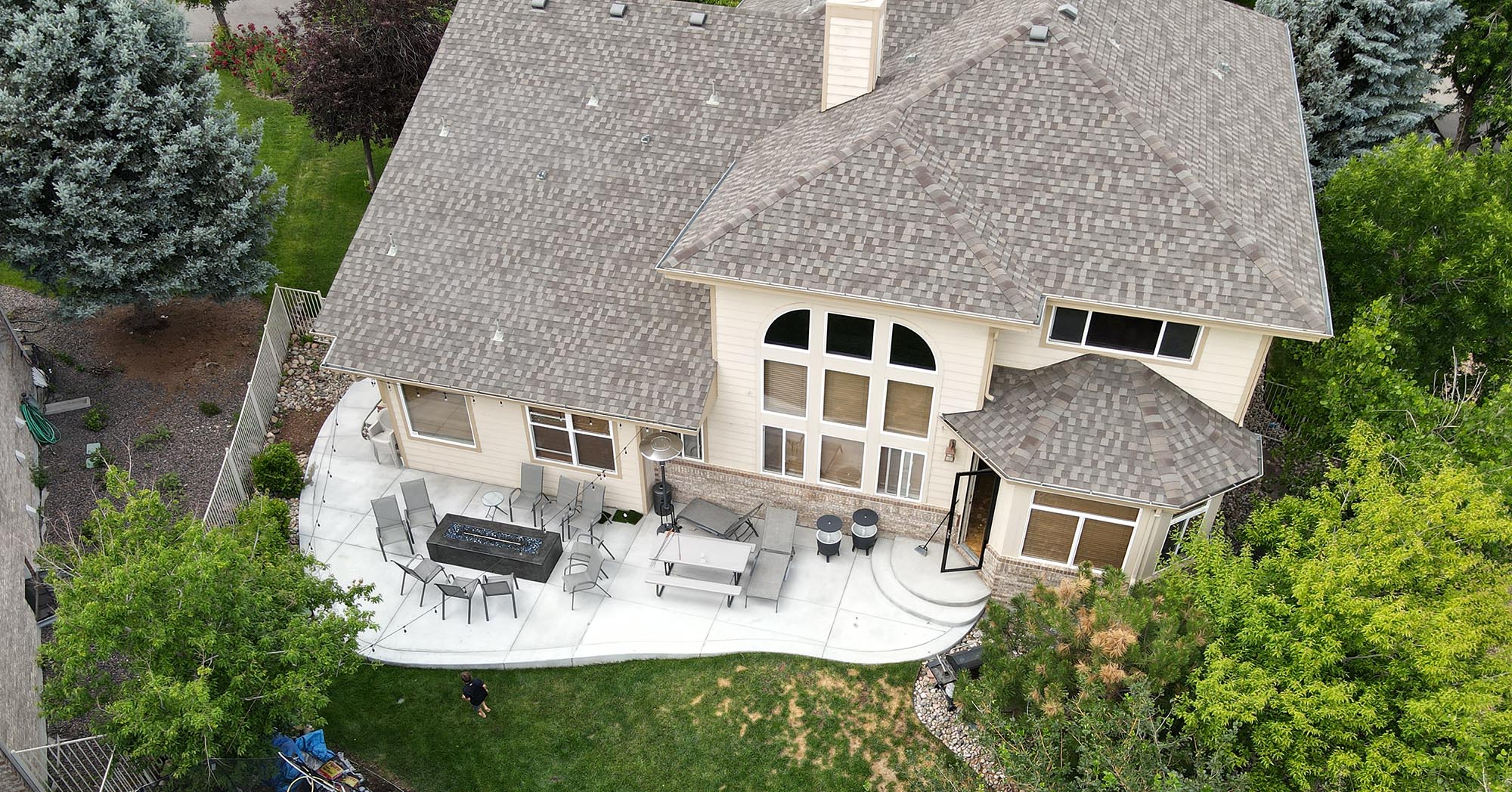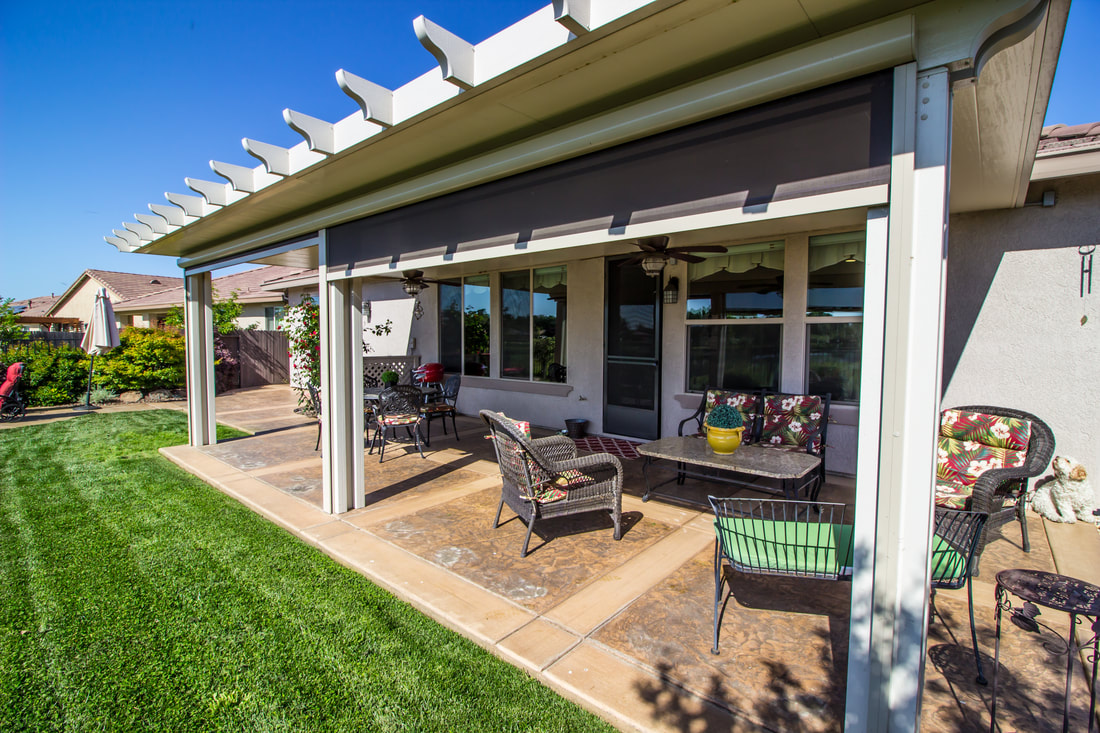
There are many types insurance options available for roofing contractors. These insurance policies include general responsibility, Workers' Compensation, Inland sea, and commercial criminal. Here are some common policies that should be considered:
General liability insurance
General liability insurance is available for roofing contractors. It covers many things. A roofer may fail to place tarps. This could lead to a passerby getting hurt if they do not. General liability insurance might cover legal costs, as well as any medical costs or court costs. It may also cover any additional damages resulting from incorrect advice or mistakes. This insurance might be necessary depending on the circumstances.
There are many messy jobs at roofing workites. Even though workers may be tidy, it is possible for passersby to trip on a piece of debris. General liability insurance is available for roofing contractors. It covers legal and medical costs for third parties injured in the course of their work. It is important that every roofing contractor has a policy. However, this is especially true for individuals who work alone. Insurance can be expensive, but it will protect your business.

Workers' compensation insurance
Many states have laws requiring roofers and other contractors to purchase workers' compensation insurance. For example, in Pennsylvania, if you have three employees or more, you must carry workers' compensation insurance. California Department of Insurance can provide information about the coverage that roofers, and other contractors, must purchase. Although Texas doesn't require roofing contractors to have workers' compensation insurance in Texas, it is recommended that you check with your state insurance department to see what your obligations are.
You may be required to contribute to the provincial workers' compensation program depending on your state laws. For workers who are injured while working on your roof, Ontario is one example. Also, you should seek advice from an attorney or insurance professional about your state's specific requirements. This coverage is required in most states. However, it is not required in all.
Inland Marine Insurance
Inland Marine Insurance for Roofers covers the tools and materials roofers use while working on a job. Contractors often store materials in their client's offices overnight. These materials and any injuries on the job site are covered by inland marine insurance. Inland marine insurance is available from Nationwide. Nationwide is a service mark of Nationwide Mutual Insurance Company. This insurance covers the cost of repairs or replacement of damaged or stolen materials.
Inland Marine Insurance is necessary if your roofing business is a success. This coverage will protect your property from damage by customers if you rent, own, or lease it. BOP covers roofing contractors from any lawsuits. Professional liability insurance should also be considered. This coverage is especially helpful if you have a roofing company that consults with customers frequently. It's a smart idea to verify your coverage so you don't get surprised by unexpected costs.

Commercial crime insurance
A commercial crime policy will pay for any damages caused or resulted from an act of criminality. This type insurance protects businesses both from external and internal attacks. Contractors should have this coverage because they could suffer losses that can be catastrophic to their small business. Here are some common losses that roofing contractors could be exposed to.
In inventory losses, the policy will cover shortages found during a physical inventory count or a financial statement reconciliation. It will also cover any losses that result from investment decisions and trading. This includes indirect income from stolen securities or money. Fraudulently using warehouse receipts isn't covered. This type of insurance should be available to roofing contractors in order to protect their assets. In addition, commercial crime insurance will help prevent the loss of business due to theft.
FAQ
Are there other things I should consider?
Yes. Check your local laws to see what types of projects are allowed and what conditions must be met. You may need to obtain approval from the local council before you can build in some states. Other states say that you only need to notify them of your plans. For more information, consult your local authorities.
Is there a way to prepare for negotiation before hand?
Yes!
There are many methods you can prepare for negotiation.
One way is to make the terms and condition of the agreement.
What happens if one party doesn't take their side of the deal?
The law allows you to sue the other party for damages if you don't fulfill your agreement. Damages can include interest, court costs and legal fees as well as the amount due.
Where can I get more information on building permits?
Ask your local government office (for instance, NSW Local Government Association), or talk to your real estate agent. They should be available to help you determine the right steps to take to get building permission.
What documents must I show to get building permission?
Along with your SCA, proof must be provided that:
-
Visitors have ample parking space.
-
They are also suitable for those who need to access them.
-
Access to all utilities is possible
-
All works are compliant with the relevant planning regulations.
Statistics
- While we offer all our high-quality services at competitive prices, we know that many who need our services are on fixed incomes, so we offer a 10 percent discount for seniors and military members. (homeservicecontractorsinc.com)
- Depending on the client's trustworthiness and financial stability, a deposit is usually 10 to 50% of the total contract amount. (lawdepot.com)
- (d) Contractor disputes related to compliance with its obligation shall be handled according to the rules, regulations, and relevant orders of the Secretary of Labor (see 41 CFR60-1.1). (acquisition.gov)
- Don't take their anger personally, they are mad about the situation 99% of the time. (activatemylicense.com)
- (1) Ascertain the extent to that offers are based on the payment of overtime and shift premiums; and (2) Negotiate contract prices or estimated costs without these premiums or obtain the requirement from other sources. (acquisition.gov)
External Links
How To
What's the difference between a service contract and a service agreement?
A service arrangement is an agreement whereby a provider agrees with a customer to perform services. The agreement creates an obligation for both parties. The term "service" can be used to refer to the products, information, advice, or other services offered by a company.
A contract is a legal binding document that sets out the terms and condition of a business relationship. A contract is a legal document that you sign when you purchase a product or service from a retailer. You are bound to pay for it later. When you accept employment, you are entering into a contract.
No formal documentation is required for a service agreement. A written service agreement is rarely used in practice. Verbal agreements are more common.
But, a service agreement is more advantageous than a contract.
-
A service agreement allows for greater flexibility than a contract.
-
It allows a service provider to change its mind without penalty.
-
It gives the service more freedom in how it delivers the agreed-upon services.
-
It provides clear evidence of what was delivered.
-
It's easier to go after a service provider.
-
It is cheaper to draft a service agreement than a contract.
-
It is less likely to lead to litigation.
-
It is easier to terminate a service agreement than a contractual arrangement.
-
Modifying a service agreement is much easier than changing a contract.
-
You can set up an ongoing relationship by using a service arrangement.
-
It is possible that you share the costs of drafting a Service Agreement with a Third Party.
-
It is possible to include a clause requiring arbitration in a service agreement.
-
It is possible for provisions to be added regarding confidentiality, proprietary rights, non-disclosure etc.
-
It is possible to specify the duration (e.g., for one year).
-
You can make the service agreement subject only to a pre-existing condition.
-
It is possible to state that the service provider will be liable only for negligence, gross negligence, willful misconduct, or fraud.
-
It is possible, however, to limit liability for consequential losses.
-
It is possible for a service provider to enter into a new agreement with a customer.
-
In certain situations, notice can be given of termination.
-
It is possible to request that the service provider provides a warranty.